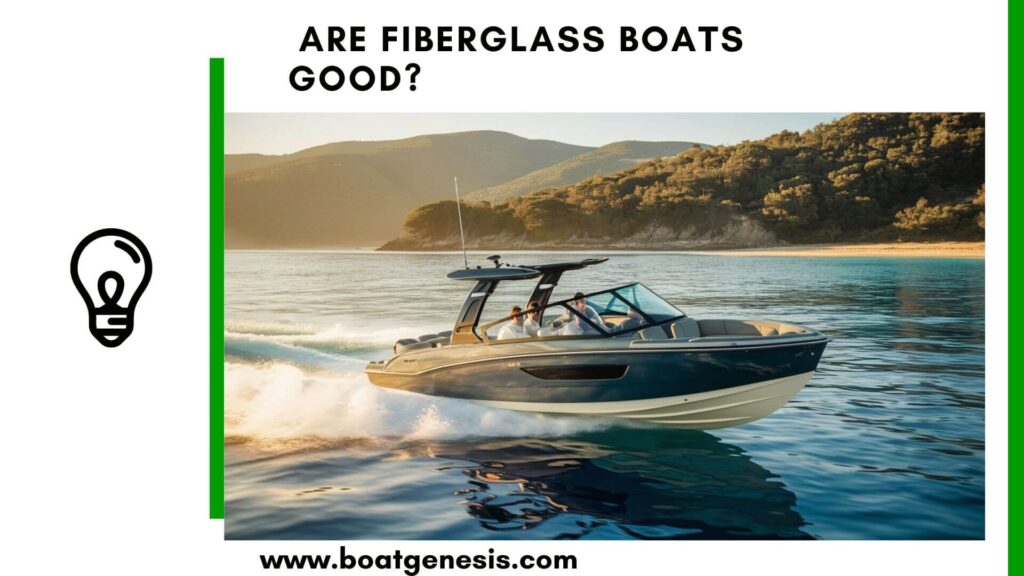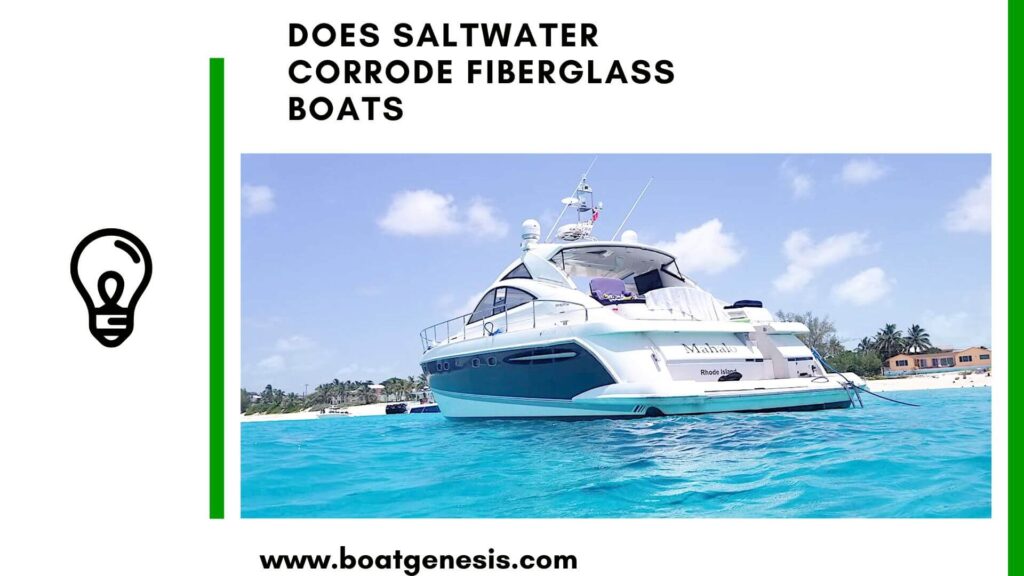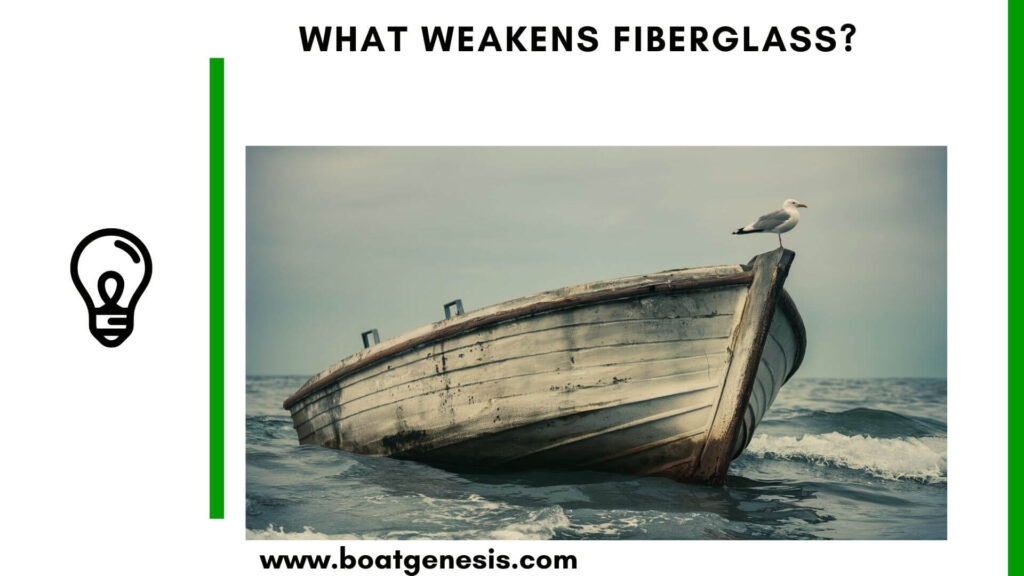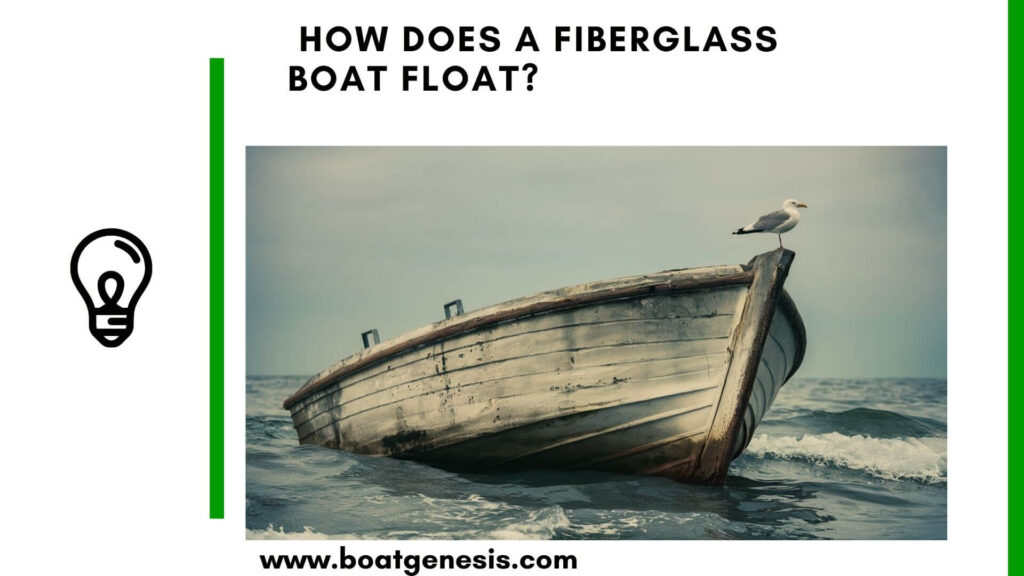Are fiberglass boats good? The answer is Yes, fiberglass boats are an excellent choice for many boaters due to their durability, low maintenance requirements, and long lifespan. Fiberglass boats tend to weigh more, so they generally have better seakeeping abilities and more stability than aluminum boats.
They also require less hull maintenance and vigilance compared to other boat materials.
In this article, I will cover why fiberglass boats are good based on my own experience, having worked in the fiberglass boat construction industry.
Advantages of Fiberglass Boats
1. Durability and Longevity
One of the biggest advantages of fiberglass boats is their durability and longevity. Fiberglass boats have a longer lifespan than wooden boats, as they are more resistant to rot, decay, and other forms of damage.
With proper care and maintenance, a fiberglass boat can last for decades, making it a worthwhile investment for any boating enthusiast.
2. Low Maintenance
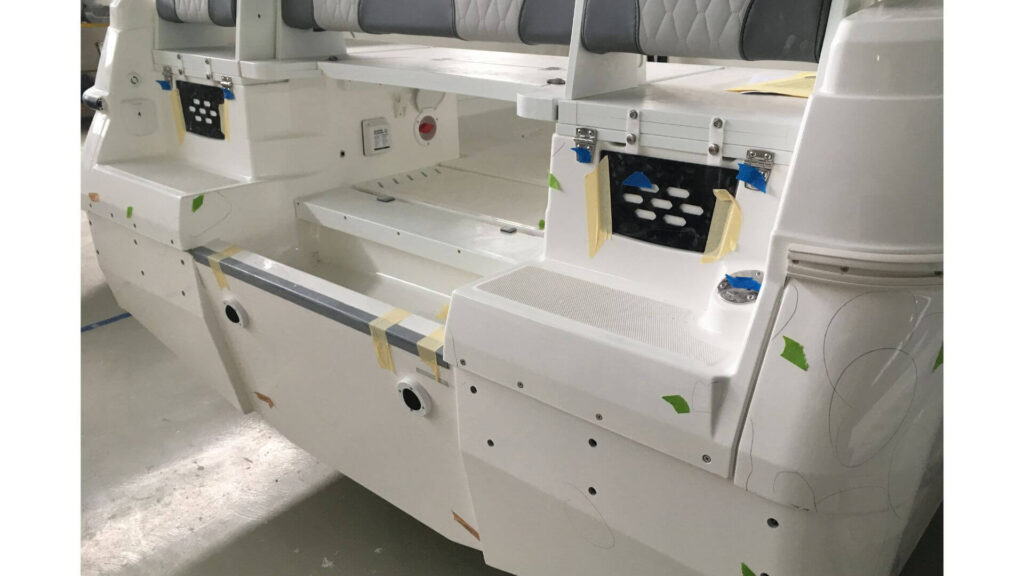
Fiberglass boats are relatively low maintenance compared to other boat materials. They don’t require the same level of upkeep as wooden boats, which need regular painting, varnishing, and sealing to prevent rot and decay.
Fiberglass is also resistant to corrosion, unlike aluminum boats, which can develop oxidation and pitting over time.
3. Smooth Ride and Stability
Fiberglass boats are known for their smooth ride and stability on the water.
The material’s inherent flexibility allows it to absorb the impact of waves and chop, resulting in a more comfortable boating experience.
Additionally, the weight distribution of fiberglass boats contributes to their overall stability, making them less likely to capsize in rough conditions.
Despite all these advantages listed above, fiberglass boats also have drawbacks that should be mentioned.
Disadvantages of Fiberglass Boats
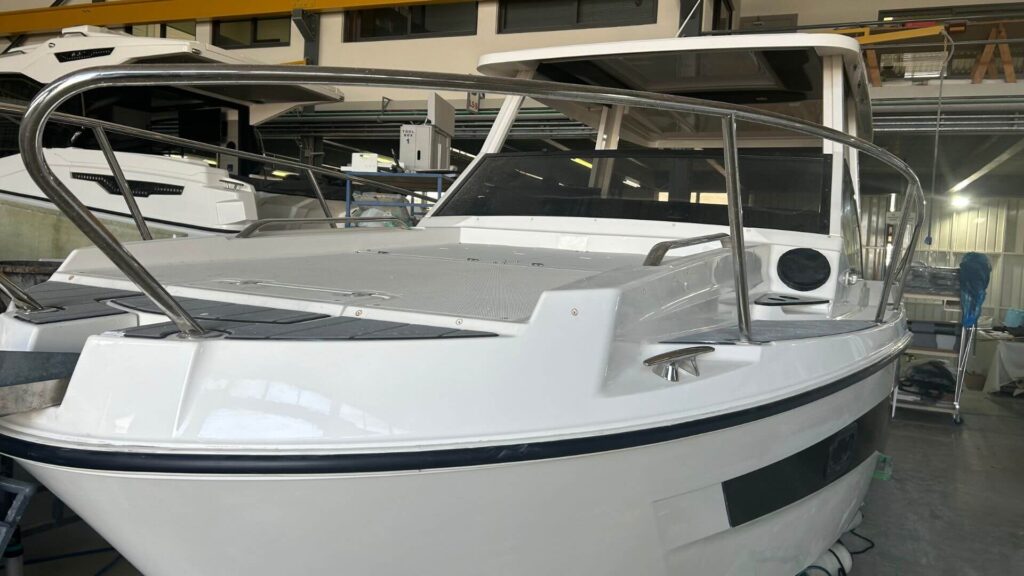
1. Weight and Fuel Efficiency
One potential drawback of fiberglass boats is their weight.
Because fiberglass is a relatively heavy material, these boats may require more powerful engines to achieve the same speed and performance as lighter aluminum boats.
This can result in lower fuel efficiency and higher operating costs.
==>> Also read: What size motor for 16 foot fiberglass boat?
2. Repair Costs
While fiberglass boats are generally durable, they can be more expensive to repair if they sustain significant damage.
Cracks, holes, and other structural issues may require professional repair services, which can be costly.
However, minor scratches and dings can often be repaired with DIY kits or by a skilled boat owner.
==>> Also read: The real Fiberglass boat repair cost here!
Choosing the Right Fiberglass Boat
When selecting a fiberglass boat, it’s essential to consider your specific needs and preferences.
Factors such as the size of the boat, its intended use (fishing, cruising, water sports), and your budget will all play a role in determining the best fiberglass boat for you.
It’s also crucial to inspect the condition of a used fiberglass boat before making a purchase. Look for signs of damage, such as cracks, blisters, or delamination, and ensure that all systems (electrical, plumbing, etc.) are functioning properly.
Conclusion
Fiberglass boats offer a combination of durability, low maintenance, and smooth performance that makes them an attractive option for many boaters.
While they may have some drawbacks, such as weight and potential repair costs, the benefits of fiberglass boats often outweigh these concerns.
So, by carefully considering your needs and thoroughly inspecting any potential purchases, you can find a fiberglass boat that will provide years of enjoyment on the water.

